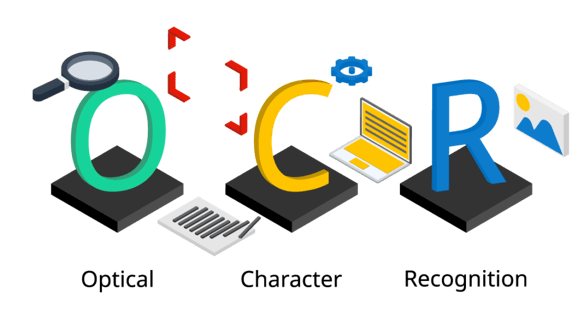
As part of Babson’s graduate strategy consulting course, I served as project leader for a six-person team and acted as the primary liaison to a U.S.-based pharmaceutical manufacturer specializing in sterile injectables. Our engagement focused on identifying high-impact opportunities for AI adoption across key operational areas, including quality assurance, compliance, and manufacturing. I was responsible for coordinating team deliverables, facilitating strategy sessions, and managing communications with client stakeholders throughout the engagement.
Strategy Consulting | AI Integration for Compliance & Quality in Pharmaceutical Manufacturing
Babson College | Spring 2025


One of the core challenges we faced was limited responsiveness from the client, which created ambiguity around priorities and slowed progress during key phases. To keep our team aligned and the project moving forward, I implemented a structured internal workflow—creating documentation trails, outlining assumptions, and building flexible workstreams that allowed us to move ahead without constant input. These proactive measures helped maintain momentum and positioned us to deliver high-value insights even in the face of communication gaps.


Our final recommendations included a phased roadmap for deploying five AI use cases: NLP-powered document tagging, OCR-based Certificate of Analysis (CoA) validation, predictive quality analytics, GenAI for compliance drafting, and automated training intelligence. I led the design of the implementation strategy—defining KPIs, integration plans, and validation protocols. In our final executive presentation, the client responded positively to our clarity, practicality, and phased rollout structure. The engagement not only demonstrated our ability to identify scalable innovation opportunities but also underscored the importance of adaptive leadership in real-world consulting work.

